10 Essential IT Audit Questions: The DBA’s Guide to SQL Server Compliance and Security in 2025

As 2025 kicks off, organizations are eagerly setting new goals. For DBAs, a top priority might be preparing thoroughly for the next IT audit. Whether planned or unplanned, an audit can significantly impact how others perceive your IT department’s reliability. A seamless audit highlights strong governance and dependable systems, while missteps can reveal vulnerabilities and inefficiencies.
To start 2025 with confidence, focus on these ten critical questions auditors are certain to ask. Addressing them now not only ensures compliance but also strengthens the overall health of your SQL Server environment.
Need a refresher before diving in? Explore our introduction to planning for audit-ready SQL Servers for helpful background information.
10 Must-Answer Questions for DBAs to Ace IT Audits in 2025
- What is your backup and recovery strategy?
Auditors expect proof that your data is protected and recoverable in case of failure or breach. Demonstrate recent, tested backups and maintain a clear, documented recovery plan. - How do you manage access controls and permissions?
Auditors need to see a detailed, up-to-date record of who has access to what. Regularly review and limit unnecessary permissions to strengthen security and ensure compliance. - Are there unpatched vulnerabilities in your SQL Server environment?
Outdated versions and unpatched servers raise immediate concerns. Consistently apply updates to minimize security risks and meet compliance requirements. - How do you monitor database performance and availability?
Be ready to provide performance logs and show how your monitoring tools prevent downtime and maintain operational stability. - What disaster recovery plans are in place?
Auditors look beyond backups for a comprehensive disaster recovery (DR) plan. This should include failover strategies and incident response protocols to cover all scenarios. - Can you demonstrate data encryption practices?
Encryption is essential. Show proof that sensitive data is encrypted both at rest and in transit, with documentation to back up these measures. - How do you track and document changes to the database?
Maintain thorough change management logs. These should capture schema changes, patches, and updates, reinforcing accountability and transparency. - Are user activities within the database logged and monitored?
Audit logs tracking user activity are vital. They help identify suspicious behavior and demonstrate proactive risk management. - What is your incident response plan?
Prepare to explain how your team reports, manages, and resolves incidents. A clear, well-documented incident response plan reflects readiness and resilience. - How do you handle data privacy and compliance regulations?
As regulations like GDPR and CCPA evolve, auditors want evidence that your SQL Server environment aligns with current data privacy laws. Stay ahead by keeping documentation updated and accessible.
Want expert help to prepare for your next audit?
The SERO Group specializes in helping organizations achieve audit readiness. Schedule your free, no-obligation discovery call today to take the next step toward IT confidence in 2025.


Recent Comments